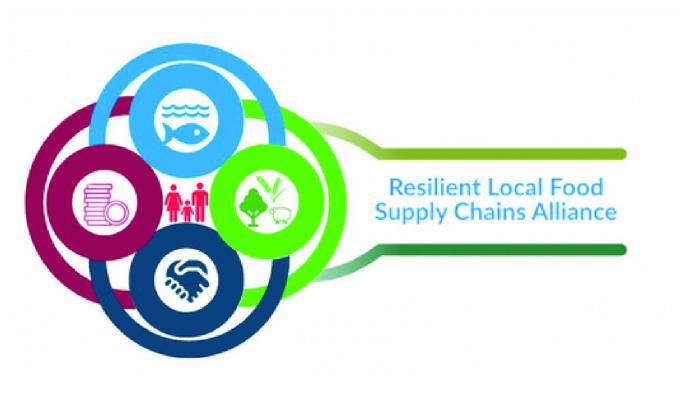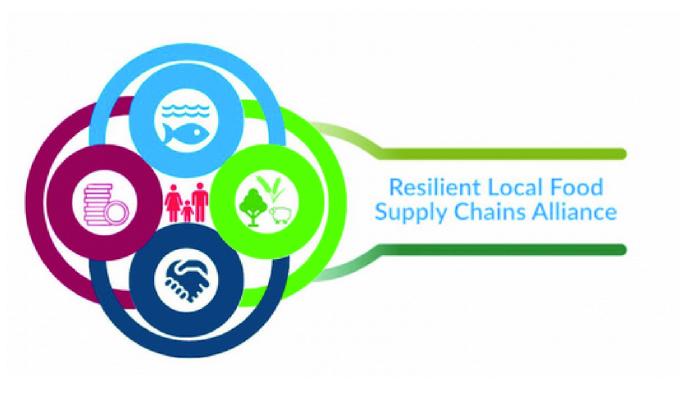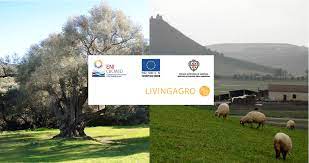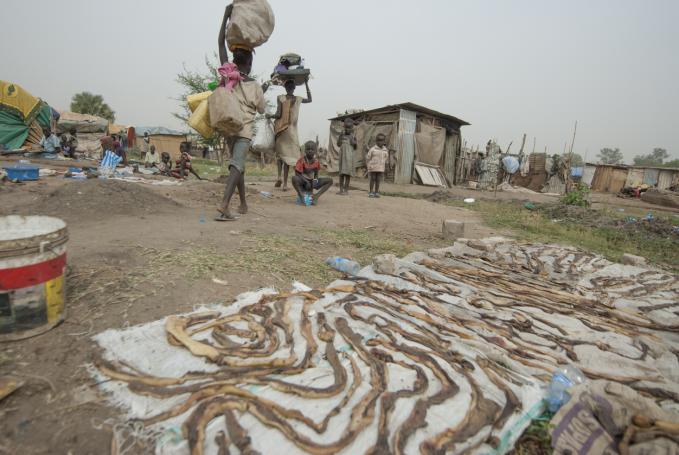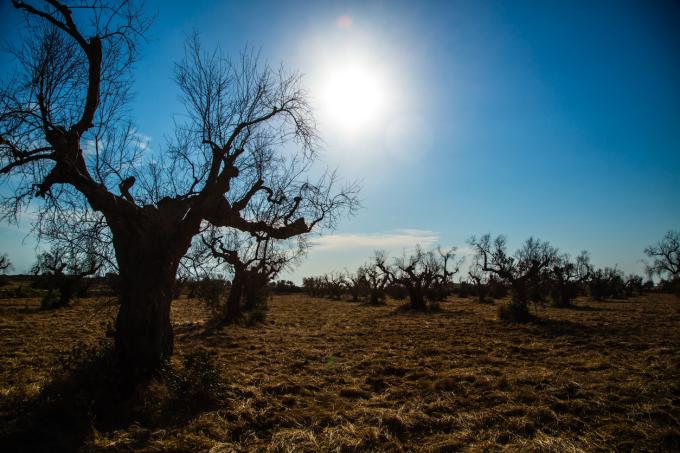THESIS & RESEARCHES
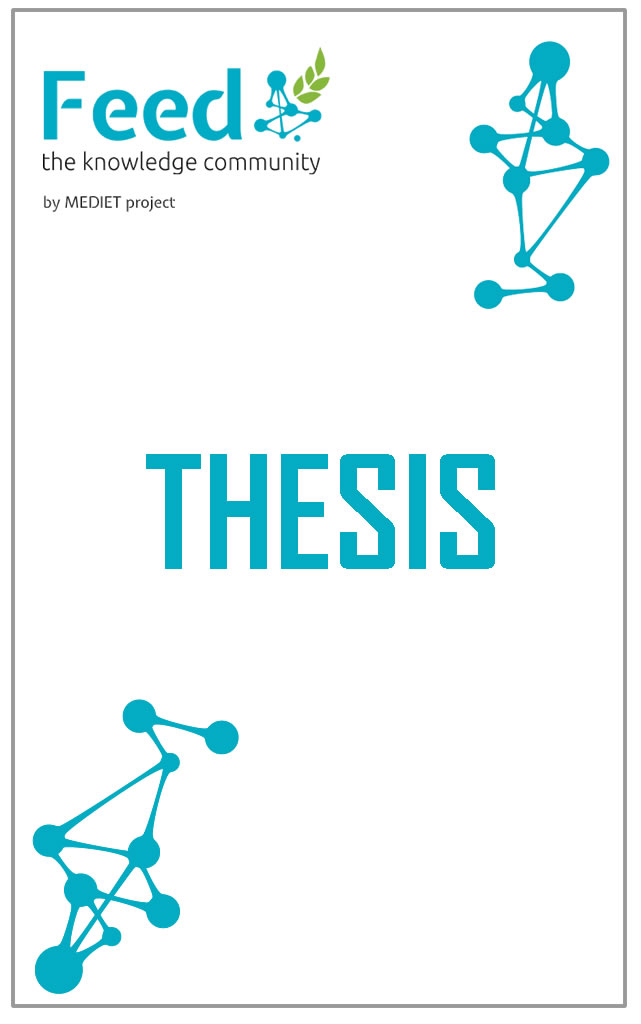
Studies on insect diversity occurring in olive trees in two orchards differently managed in an arid climate in Mecheria district, Algeria
Year:
2022
Author:
Beddane Mohammed
This study investigated the insect diversity of olive (Olea europaea Linnaeus (Oleaceae)) groves grown in an arid climate in Algeria. In this context, several sampling methods were used within two orchards that were managed differently. Fifty arthropod species belonging to diverse orders and families were recorded. Hymenopteran species were quantitatively the most abundant, followed by species associated with Heteroptera, Aranea, Coleoptera and Homoptera orders. Regarding functional feeding groups, phytophagous species were dominant in both the weeded and the unweeded orchard; however, higher abundance was recorded in the weeded site. Predators were ranked second, and pollinators were more frequent in the unweeded olive orchard. The Hutcheson t-test revealed a positive correlation between the weed management system and arthropod diversity (P < 0.05), however, it did not show a significant effect of the weeding management system on the diversity of beneficial occurred in both agroecosystems. Overall, calculated diversity and similarity indices were greater in the unweeded orchard than in the weeded orchard, demonstrating spontaneous flora's key role in entomofaunal diversity. Principal Component Analysis (PCA) has confirmed the evident correlations between arthropod species abundance and naturally occurring plants in olive orchards, including beneficial arthropods.
Supervisor:
S. Ali-Arouss and K. Djelouah
Collaboration:
CIHEAM






